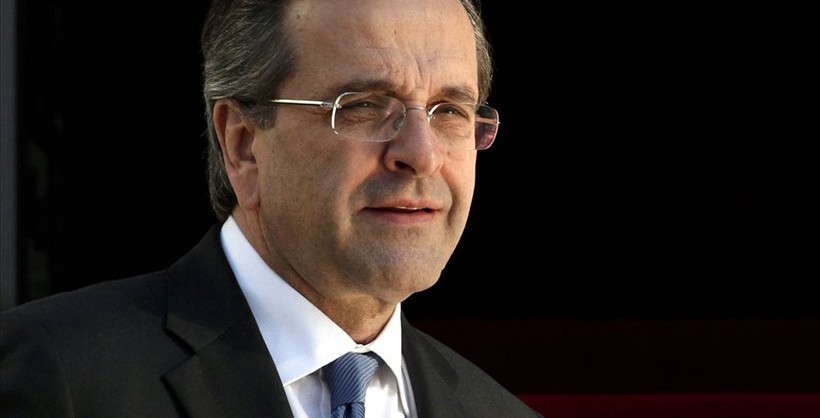As Greek Prime Minister Antonis Samaras tries to follow Ireland and Portugal out the bailout exit door, he faces a month of bargaining, notes Bloomberg in an article adding that for a nation that’s already gone through the biggest debt restructuring in history, the key may lie in more relief.
Talks that could ultimately set the stage for that begin in Paris next week when government and officials from the European Union, European Central Bank and International Monetary Fund meet to discuss September’s review of the country’s rescue program.
“The Paris talks are critical,” Michael Michaelides, a rates strategist at Royal Bank of Scotland Group Plc in London, said yesterday by e-mail to Bloomberg. “They will lay the framework for discussions that will include a debt deal as well as the 2015 budget and the latest key reforms.”
As the news agency reports, Greece must pass next month’s bailout review before European partners will consider writing off more borrowing. At about 175% of gross domestic product, Greece’s debt burden remains the biggest of any euro member. In Ireland, which exited its 67.5 billion-euro bailout in December, the debt ratio is forecast to be 121% this year, the European Commission said in May. In Portugal, the ratio will be 127%, it said.
Bloomberg underlines that the yield on Ireland’s benchmark 10-year bonds dropped to about 1.76% yesterday compared with a peak of 14.2% in July 2011, while the yield on the comparable Portuguese security was 3.1 percent. Portugal’s 78 billion-euro international bailout program ended in May.
Greek 10-year yields have fallen to 5.76%, close to June’s record low, compared with a high of 44.21% in March 2012 on the eve of the debt restructuring.
While Samaras hasn’t laid out a detailed timetable to exit the bailout, the prime minister has repeatedly promised that Greece won’t need another rescue.
The bond rally allowed the government to tap international markets twice this year, raising 4.5 billion euros in three- and five-year securities. Still, last month’s 1.5 billion-euro sale of three-year notes fell short of the government’s target of as much as 3 billion euros.
Source: Bloomberg


































